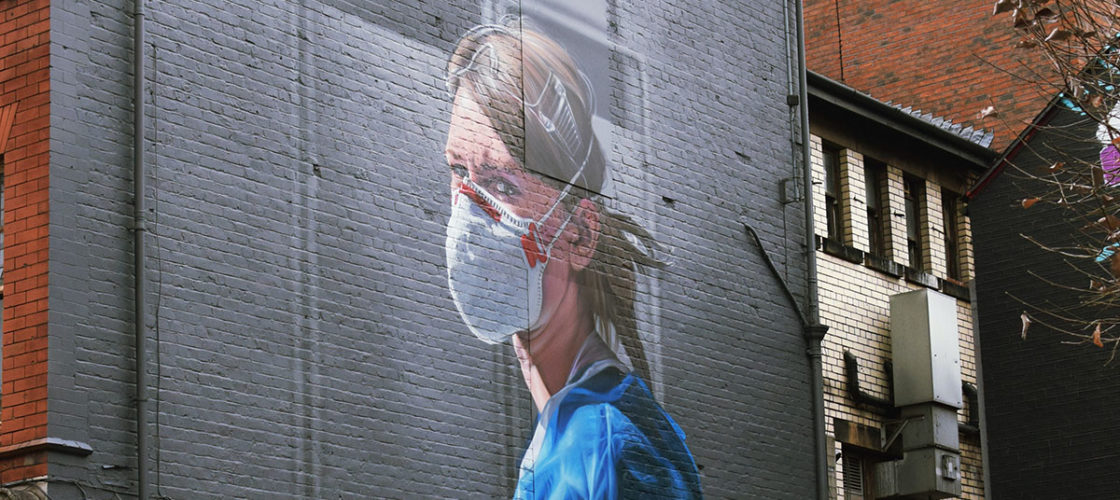
This article is an attempt to describe challenges born from this crisis with a view to imagine policies required to enable Cultural and Creative Sectors (CCS) to play a key role in an age that requires more global cooperation, the promotion of cultural diversity as well as solidarity. The following reflections build on the work KEA has been conducting for the Council of Europe since April 2020 and which resulted in a report ‘The impact of the COVID-19 pandemic on the Cultural and Creative Sector‘, updated in November 2020.
Measures are taken but support is not guaranted
The public health crisis is having a very damaging impact on the CCS. A majority of governments in Europe have taken measures to support CCS with a view to preserve jobs. However, some States have been obliged to reduce State budgets. As a result, several Ministries of Culture have been affected with reductions ranging from 5 to 20%; as a minimum CCS are benefiting from general measures taken to support the economy. CCS measures have often been amplified at regional and city levels with significant contributions from the private sector. International organisations dealing with culture (Council of Europe, the OECD and UNESCO) are also playing their part. The European Union has identified culture as a priority sector deserving support from the EUR 750 Billion EU Recovery and Resilience Facility set up to help EU Member States mitigate the impact of the pandemic. How this will be used by the CCS is not clear as access to these instruments will depend on national recovery plans submitted by each Member State. Support is not guaranteed.
Yet culture and creation contributes to collective sense-making
The global public health crisis is the opportunity to acknowledge the importance of CCS in nurturing social links, supporting mutual understanding and community engagement with a view to changing behaviours and convincing people that they are instrumental in solving problems. The pandemic has also underlined the economic importance of the sector notably festivals, live events, museums, cinemas or cultural retailing in making places and territories attractive to locals, tourists and investors.
Live cultural experiences are greatly missed during the pandemic and digital streaming is a poor alternative to collective cultural gatherings. It shows that CCS plays a crucial role in the well-being of communities and in social cohesion. Culture is not simply entertainment or leisure time, it contributes to collective sense-making. It helps humans define what really matters as the globe is simultaneously confronted with a deadly pandemic, a climate crisis and the threats of technological development to human values.
Undoubtedly the pandemic will generate great arts. Some theatres are 2500 years old and citizens will always require space to celebrate culture and storytelling. Artists will capitalise on fear and neurosis. This worldwide pandemic will inspire writing, bringing new literature, new cinematography and lyrics that will question our policies, technology, science and societal behaviours.
Download the full article